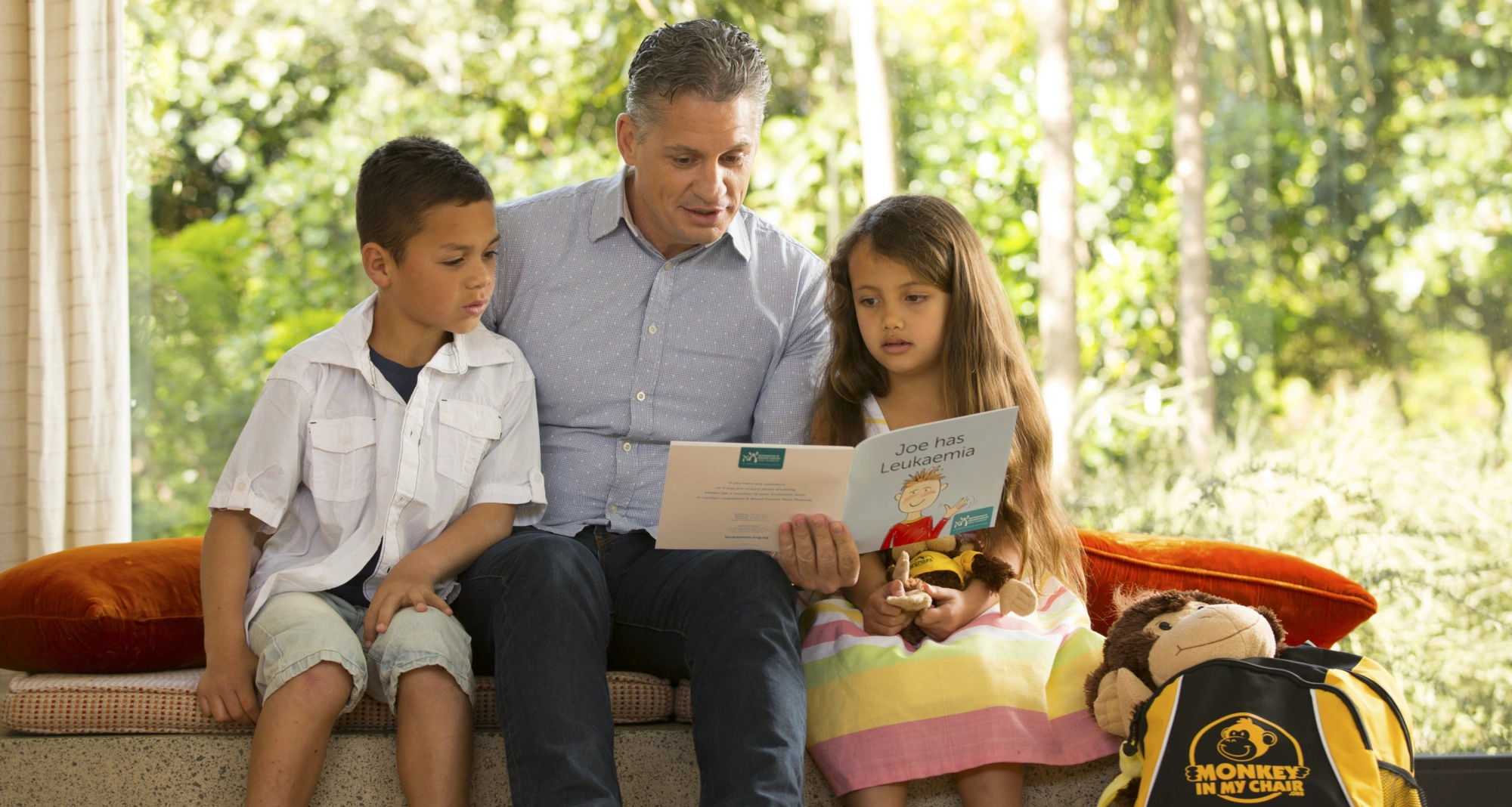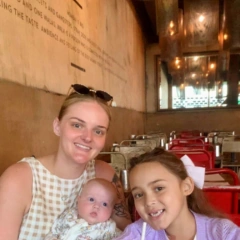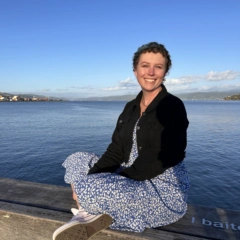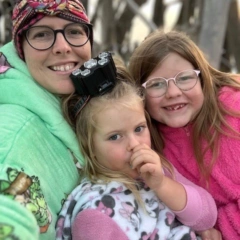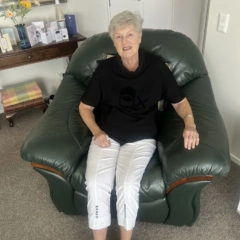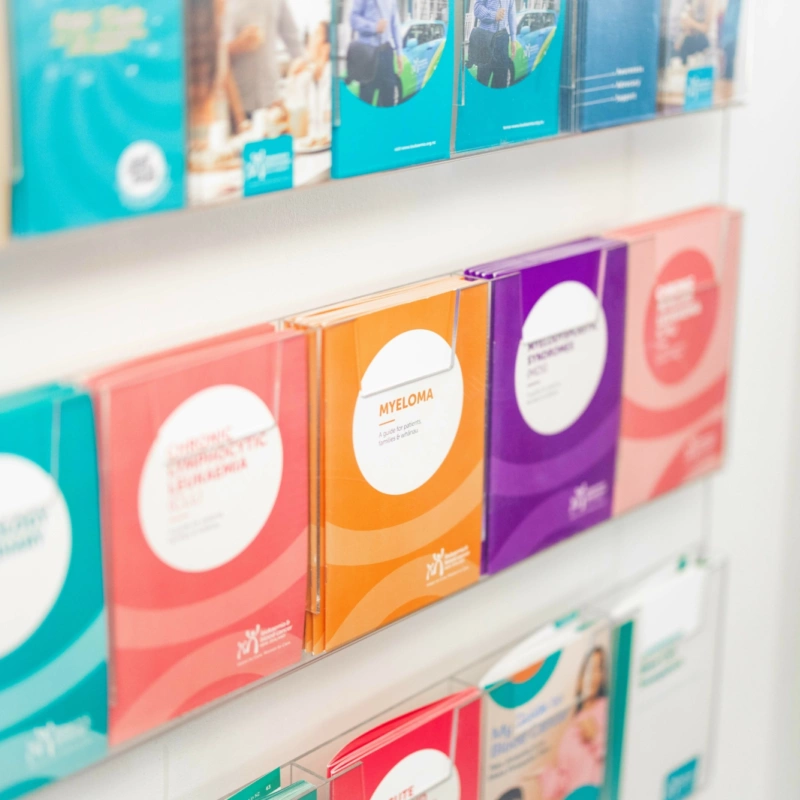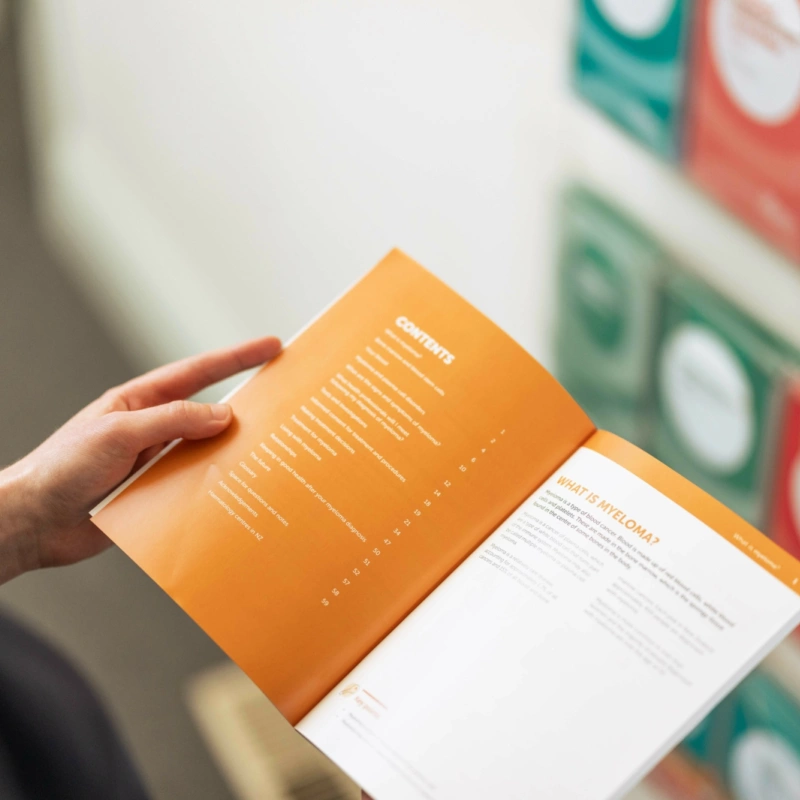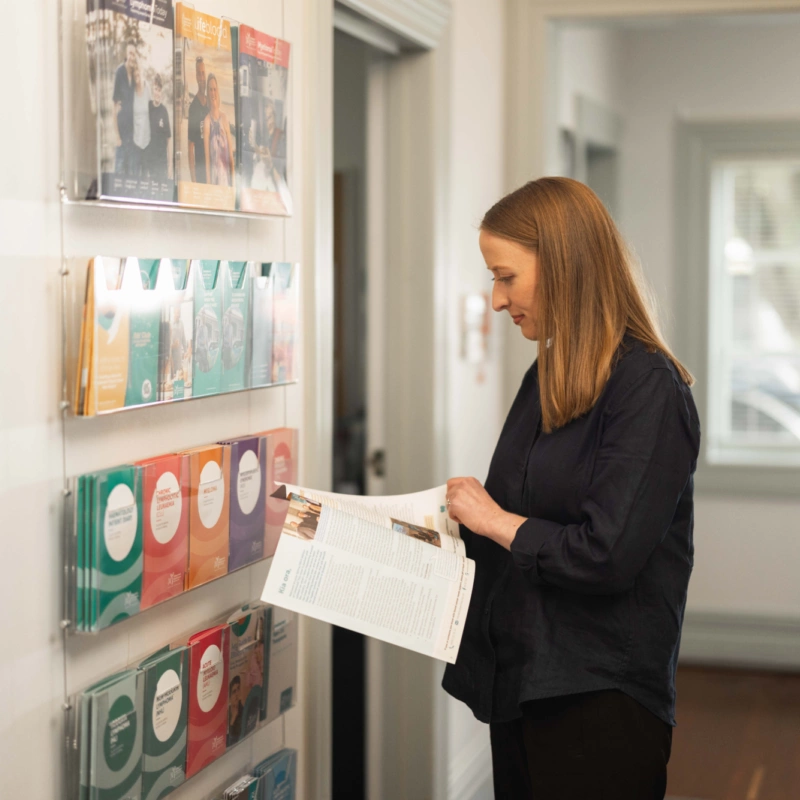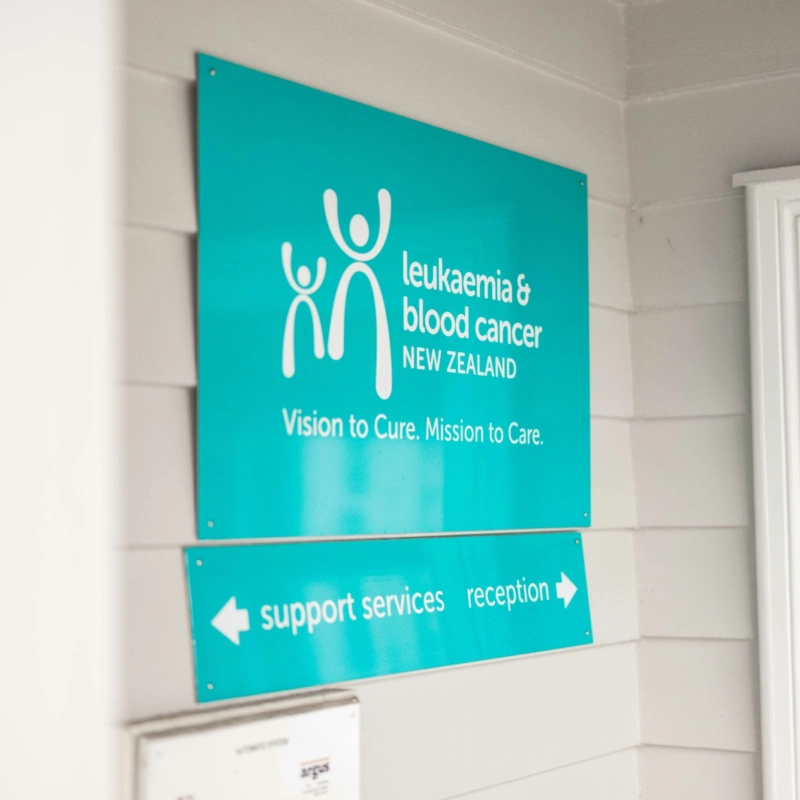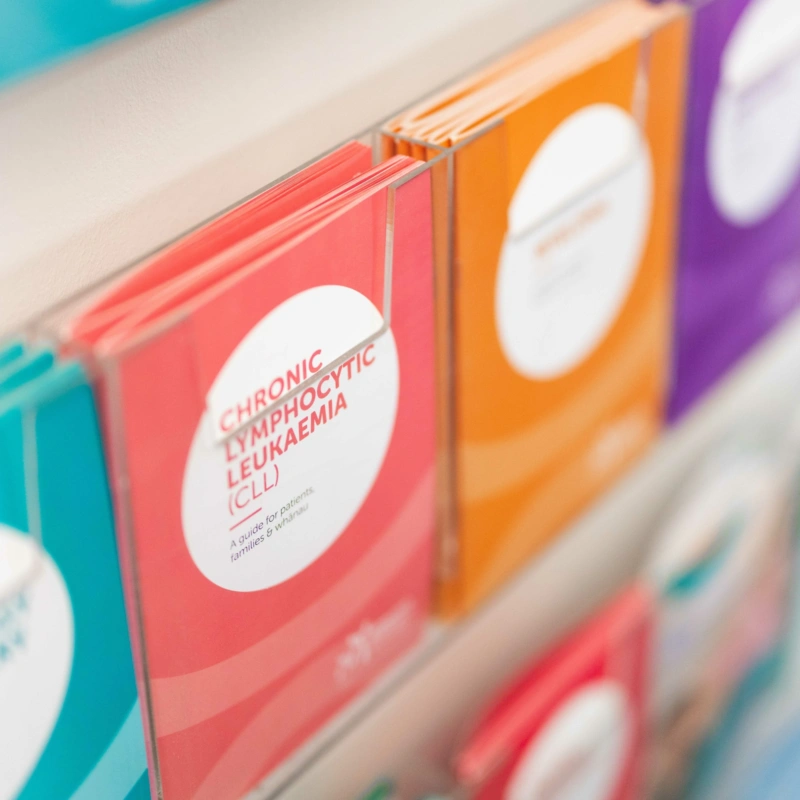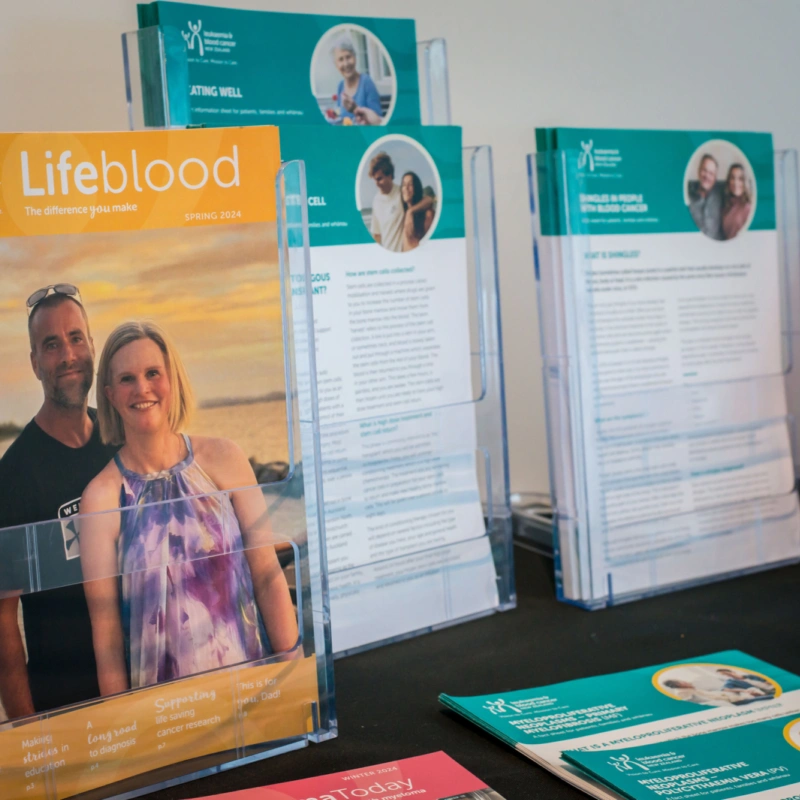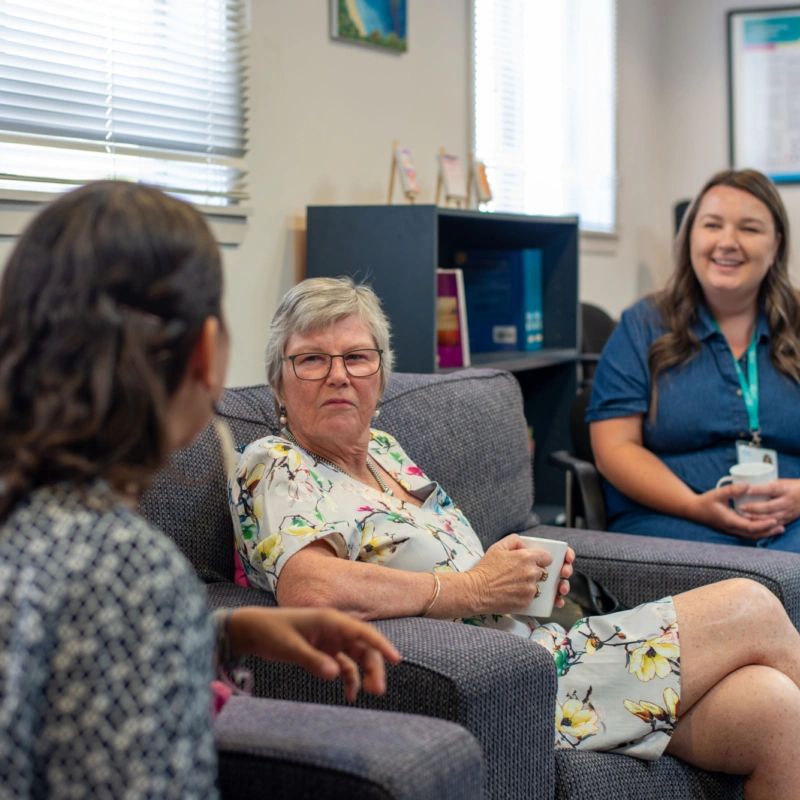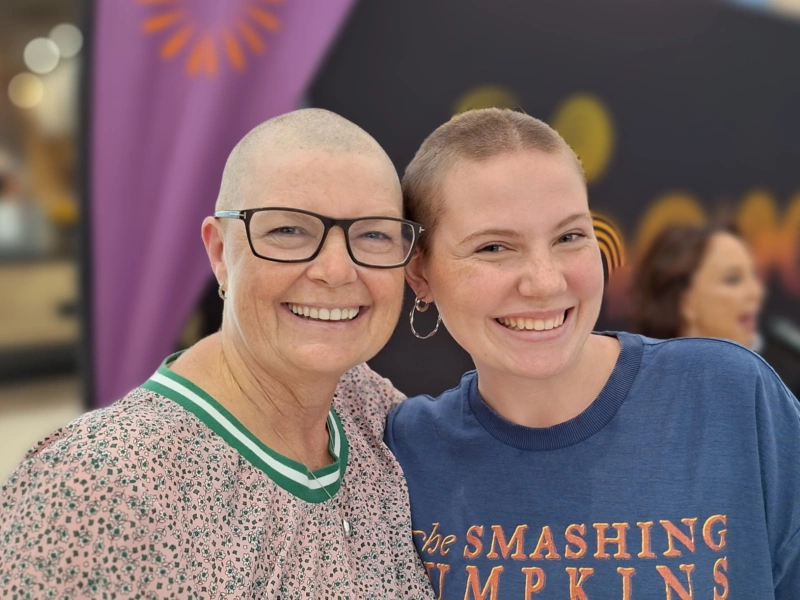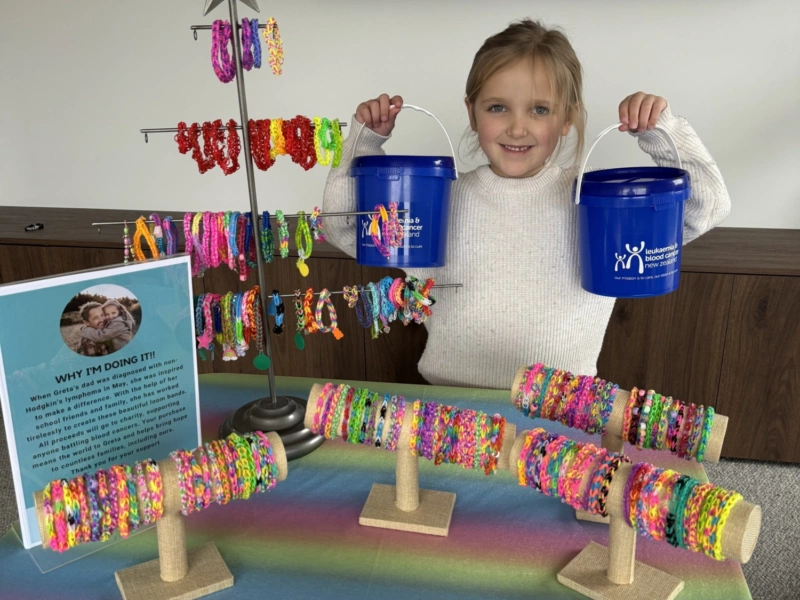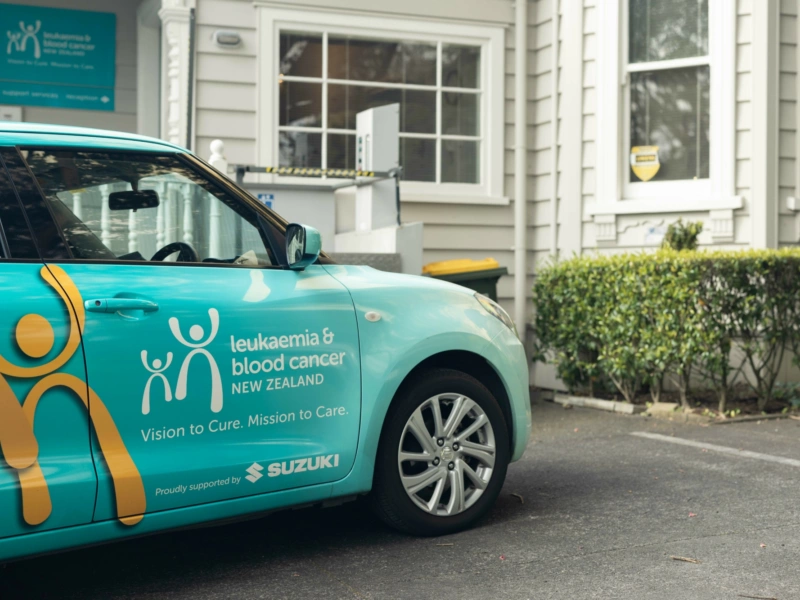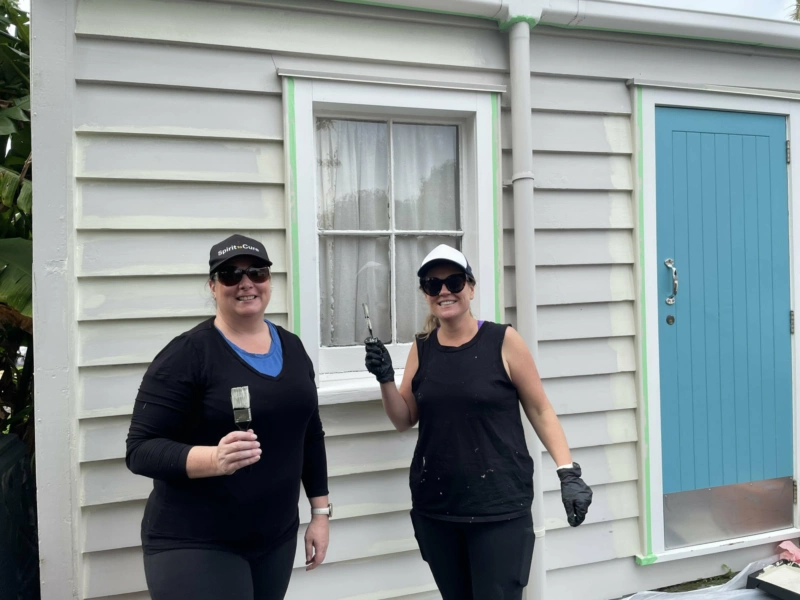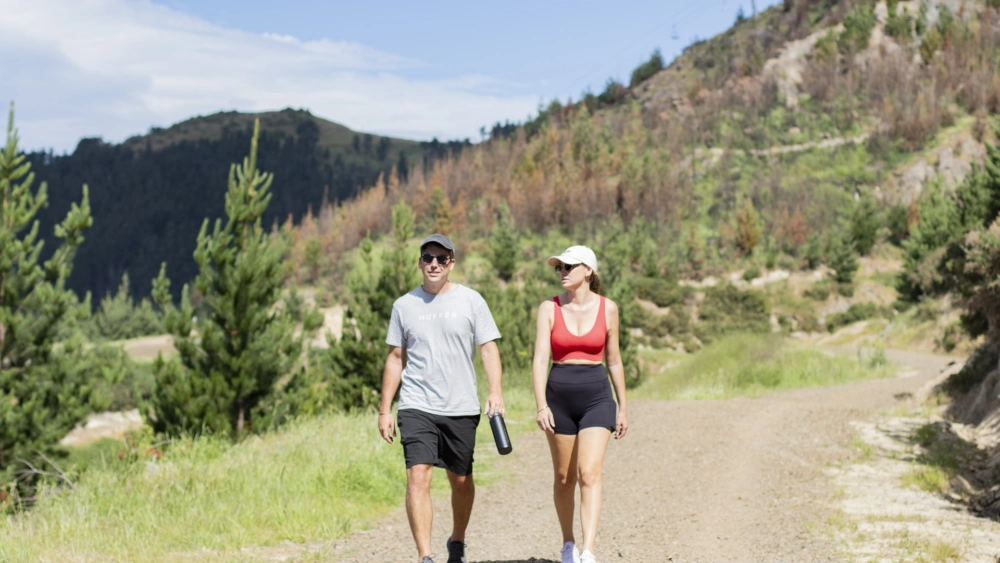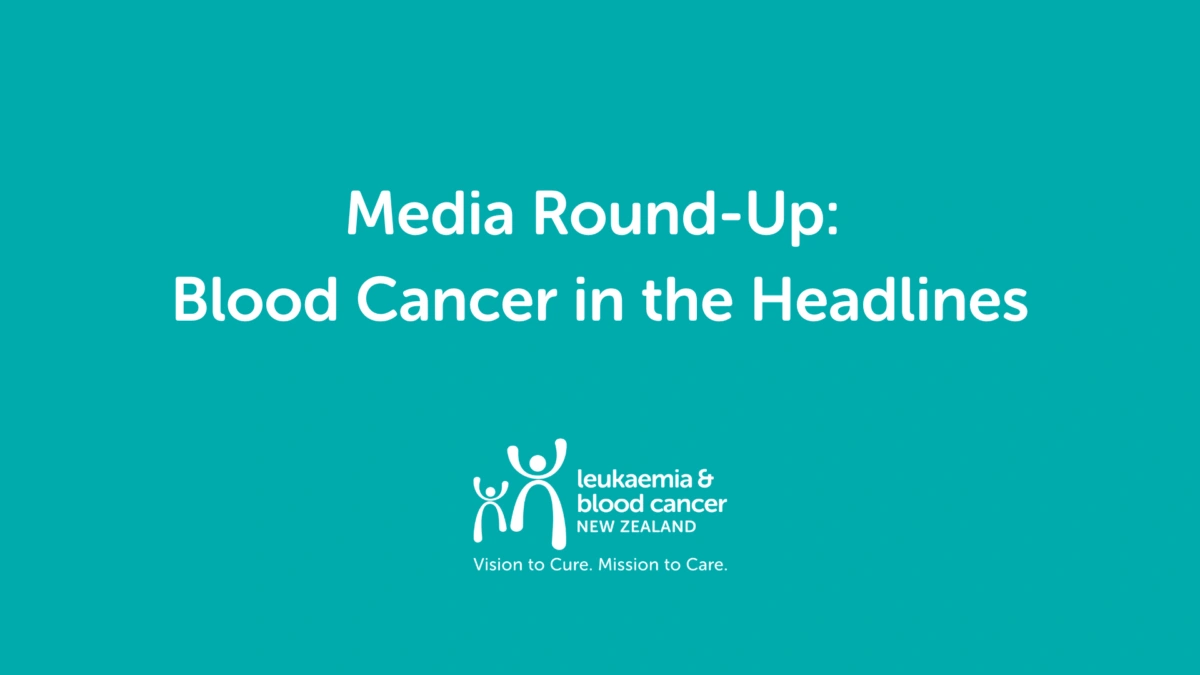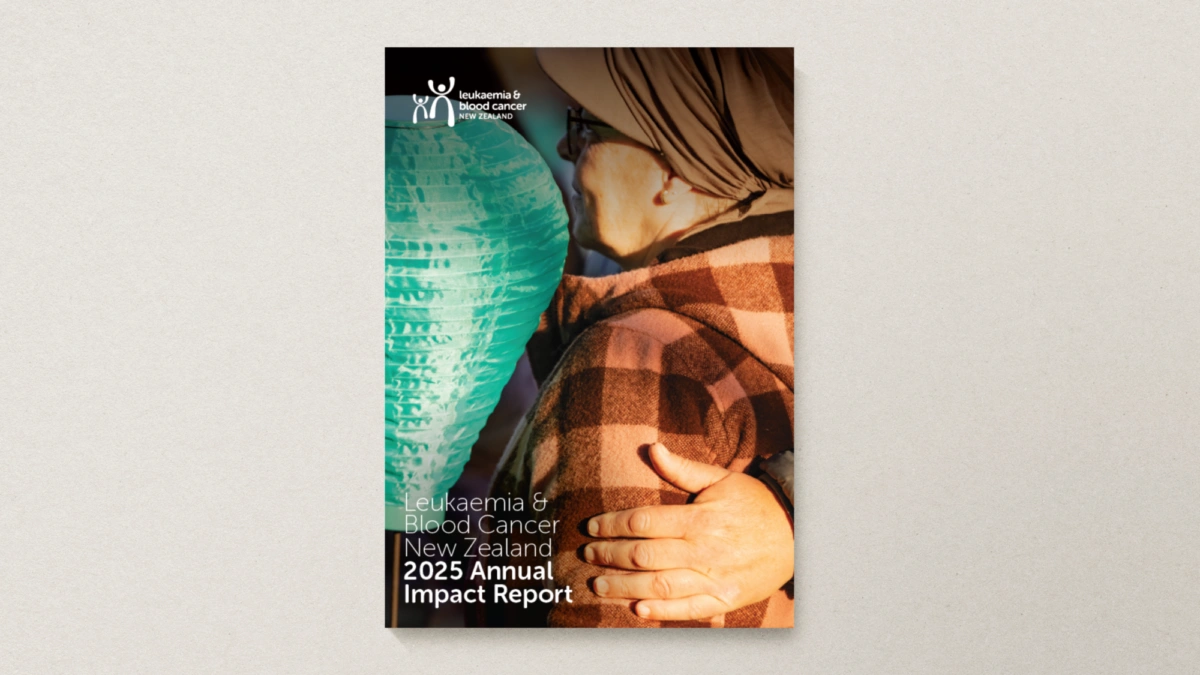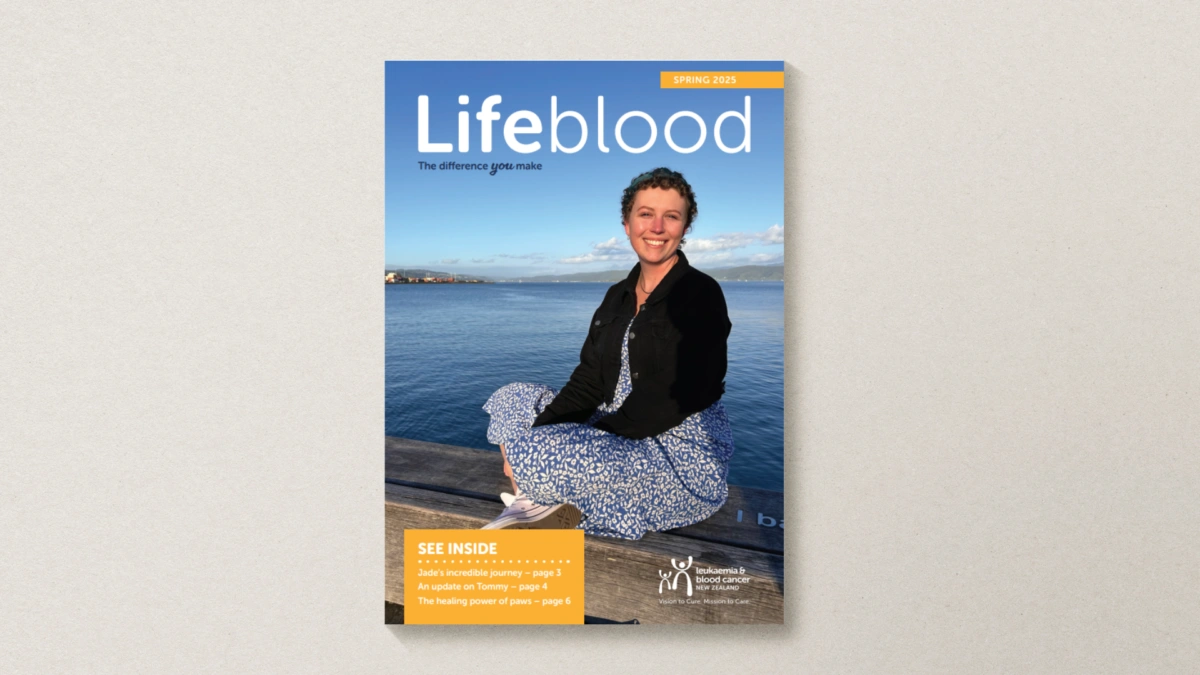How can we help?
With a vision to cure and a mission to care, we are committed to improving the quality of life for patients and their families living with blood cancer conditions.
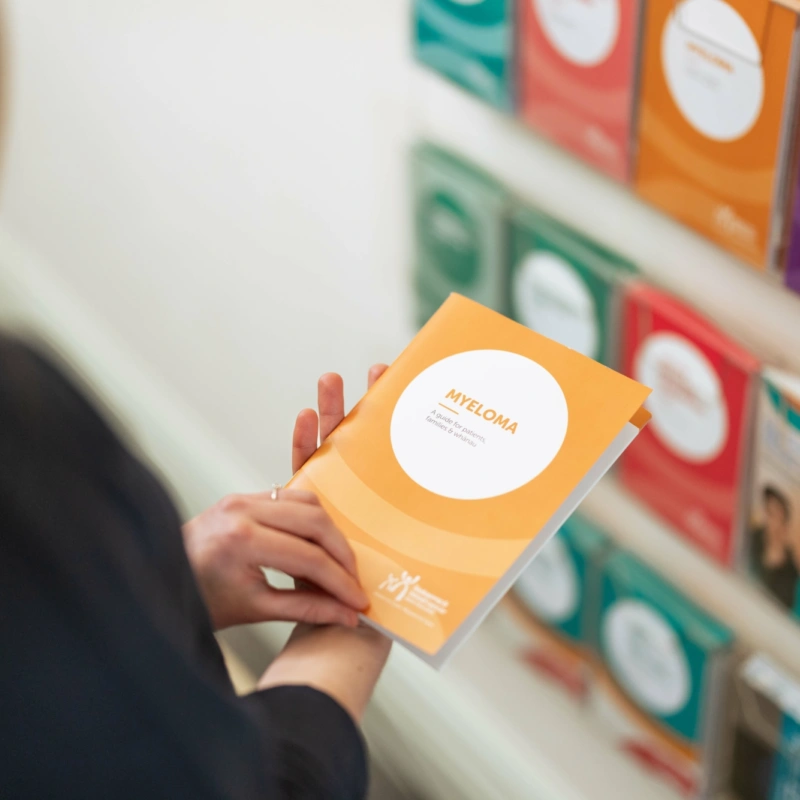
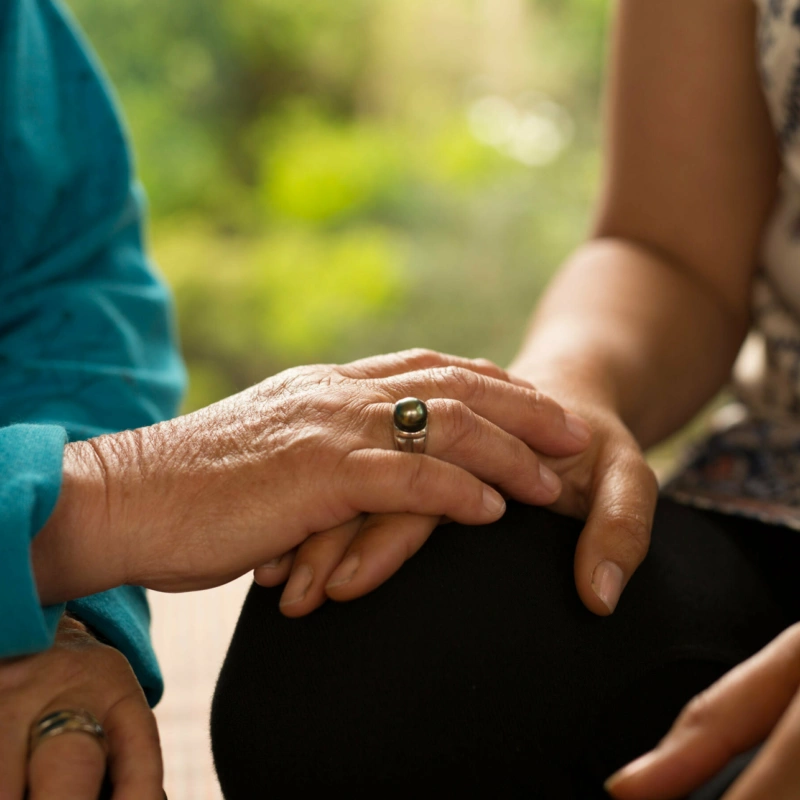
We aim to provide support where and when it is needed most.
Our free and personalised services range from just having someone to talk to in our Support Services team, to disease-specific information & resources.
Our main programmes
-
Patient support
-
Education & support groups
-
Financial assistance
-
Support for carers
-
Educational materials
-
Kids' Zone
Blood Cancer Information
We provide a host of up-to-date information, practical advice & support for patients, their families & carers.
How you can help
From regular giving to volunteering, there are a number of ways to support and assist our work in the community.

